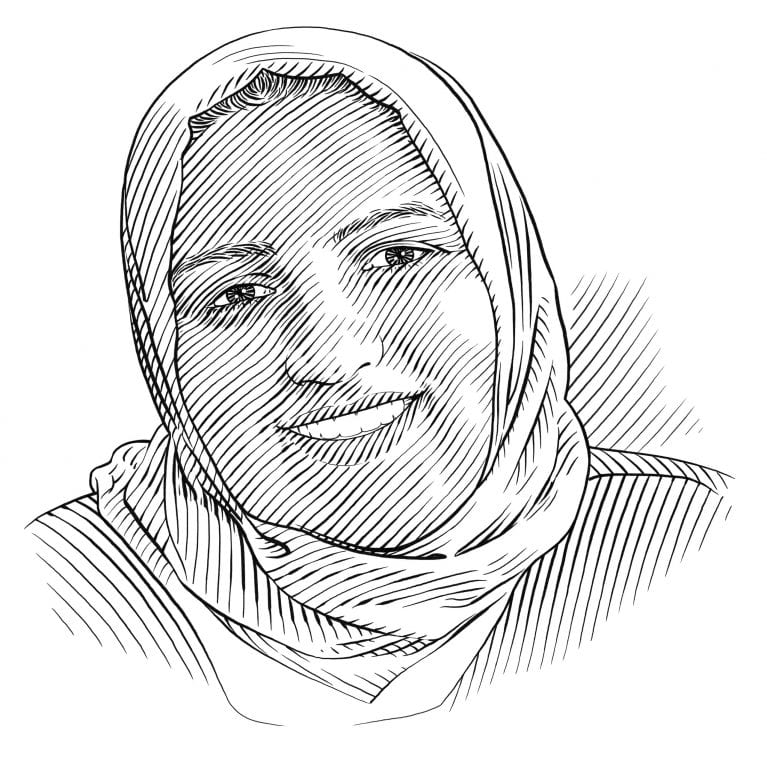Sarah Al Mabruk

Who I am
When I first saw photos on social media of people fishing for angel sharks, I decided to take steps to protect this threatened creature in Libya. I didn’t know what these steps might be, but I decided to use the tool that I have – social media – to raise awareness about angel sharks and the threats they face. One thing led to another and I found myself being called ‘the girl who cares about angel sharks in Libya’.
It felt really good when a fisherman contacted me to tell me that he had found an angel shark alive and returned it to the sea because he had read what I wrote about it. I became more confident that we can make a huge difference, not just with regard to the conservation status of angel sharks, but for all species that are listed as threatened. I think this project will act as a beacon of hope in the open sea for all researchers.
Where I work
The coastline of Libya, where I live, is 1,770 kilometres (1,100 miles) long and one of the longest stretches of pristine coastline in the Mediterranean. It harbours several important ecosystems. The targeting and by-catch of cartilaginous species in Libyan waters is believed to be higher than elsewhere in the Mediterranean for a number of reasons. Fishing communities are widely scattered along the coast and there is limited knowledge about threatened species. And, because of the length of the coastline and the absence of tools that help to create a network connecting the fishing communities, conservation efforts have not been focusing on awareness campaigns or field surveys.
Over the past three years, however, a network has developed among professional and recreational fishers by means of a website featuring marine biology in Libya. This network forms the basis for our work and will help us to carry it out along the length of Libya’s coast.
What I do
This project is taking the first steps to fill gaps in our knowledge about angel sharks in Libya and aims to prove that the country is one of the last angel shark hotspots in the Mediterranean. In three groups, we will work our way along the coast collecting data and conducting surveys in the major fish markets. At the same time, we will carry out an awareness campaign via social media, radio and articles and by meeting regularly with fishermen’s associations to talk about angel sharks, the threats they face in Libyan waters and how we can change their situation for the better. By the end of this project we believe that the conservation status of angel sharks in Libya will have made remarkable progress.
